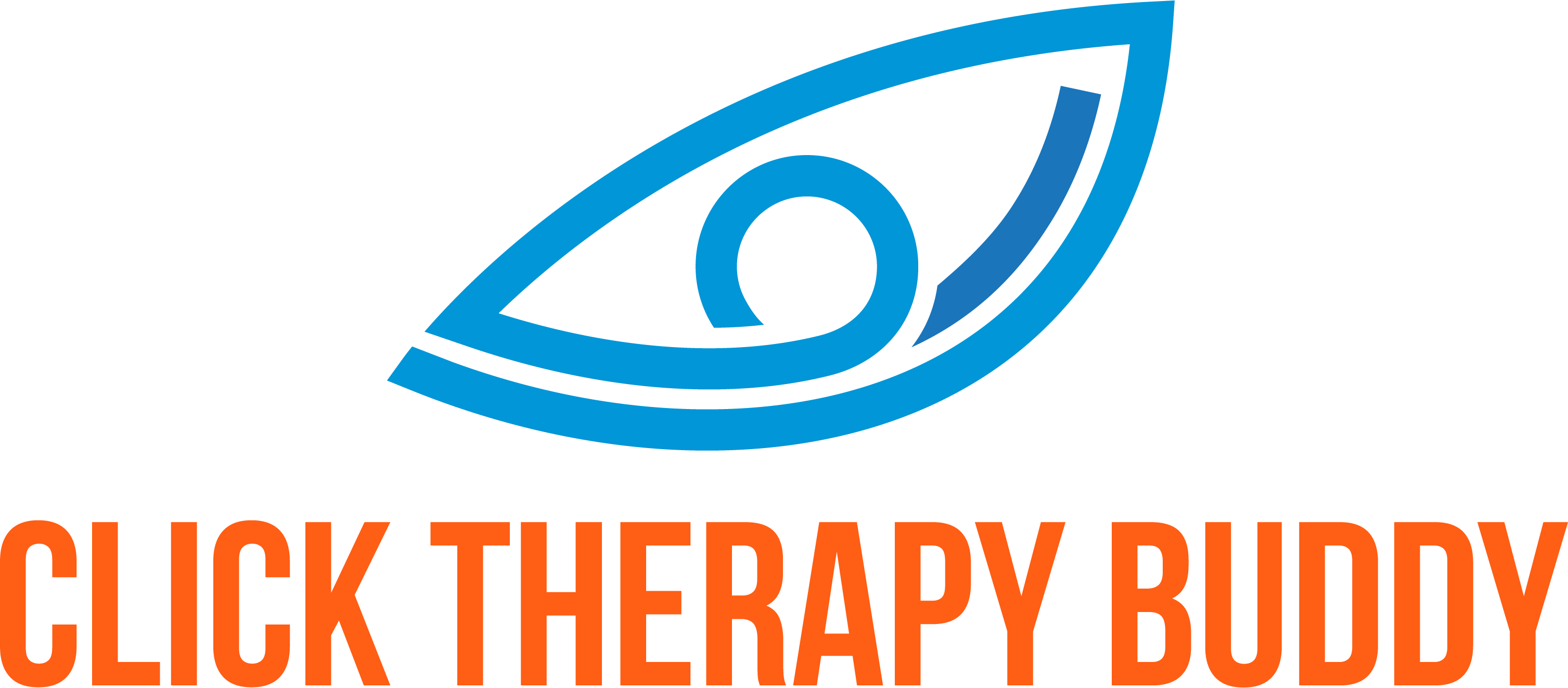Unravel the Power of Behavioural Activation: A Journey Towards Mental Wellness
Are you struggling with feelings of sadness, fatigue or lack of motivation that impact your daily life? If so, Behavioural Activation (BA) therapy might be just what you need. BA is an evidence-based approach used to treat depression and related conditions. Its core premise is that our actions and daily activities have a significant impact on our emotions and thought patterns. By identifying and altering these behaviours, we can improve our emotional wellbeing and effectively combat depression. This article will provide a comprehensive introduction to BA therapy, so you can decide if it’s the right approach for you.
Understanding Behavioural Activation
Behavioural Activation is a type of psychological intervention that targets patterns of behaviour that contribute to low mood and depression. It’s grounded in the belief that when people experience depression, they tend to engage in avoidant behaviours that can maintain or worsen their emotional state. Examples of these behaviours include social isolation, inactivity, or procrastination. By replacing such habits with more positive and engaging activities, BA therapy aims to lift one’s mood and alleviate depressive symptoms.
A primary goal of BA is to help individuals increase their engagement in value-driven activities, which are actions that align with their personal values, interests, and goals. These activities provide a sense of accomplishment, purpose, and connection with others, helping to improve one’s overall mood and well-being.
The Four Key Components of BA Therapy
Activity Monitoring: The first step in BA therapy is monitoring one’s daily activities, emotions, and thoughts. Clients are typically asked to keep a diary, documenting how they spend their time, how they feel during each activity, and the thoughts that accompany those emotions. This record helps clients and therapists identify patterns and areas that need change.
Activity Scheduling: Once the patterns and problem areas are identified, clients are guided to schedule activities that align with their values and goals. These activities should be meaningful, pleasurable, and achievable to ensure success. It’s important to create a balanced schedule, incorporating activities across various life domains, such as work, leisure, relationships, and self-care.
Graded Task Assignment: Graded task assignment involves breaking down larger goals into smaller, manageable steps. This process helps reduce feelings of overwhelm and increase the likelihood of success. As clients complete each step, they build momentum and confidence, which contributes to an improvement in mood.
Overcoming Obstacles: Clients are encouraged to identify potential barriers to engaging in value-driven activities, such as negative thoughts, fear, or lack of motivation. Therapists help clients develop strategies to overcome these obstacles, ensuring they can stay committed to their new, healthier routines.
The Benefits of Behavioural Activation
BA therapy offers several advantages for those struggling with depression:
It’s a short-term, structured approach that can be tailored to individual needs.
BA therapy can be delivered in various formats, such as individual therapy, group sessions, or even self-guided online programmes.
It focuses on practical, action-oriented strategies, which can be more accessible to those who find it challenging to engage with introspective or cognitive-based therapies.
BA therapy is suitable for people of all ages, backgrounds, and levels of depression severity.
Conclusion
Behavioural Activation therapy is a powerful tool that can help individuals overcome depression and improve their overall mental well-being. By addressing the connection between behaviour, emotions, and thoughts, BA therapy empowers clients to take control of their lives and rediscover the joy in daily activities. If you think BA therapy could be the right fit for you, don’t hesitate to reach out to a mental health professional to learn more and start your journey towards a happier, healthier you.


 %nbsp;
%nbsp;  %nbsp;
%nbsp;  %nbsp;
%nbsp;  %nbsp;
%nbsp;  %nbsp;
%nbsp;  %nbsp;
%nbsp;  %nbsp;
%nbsp;  %nbsp;
%nbsp; 
2 Comments
Thank you, this was vert useful!
Do you have some more information about this subject.?
Add Comment